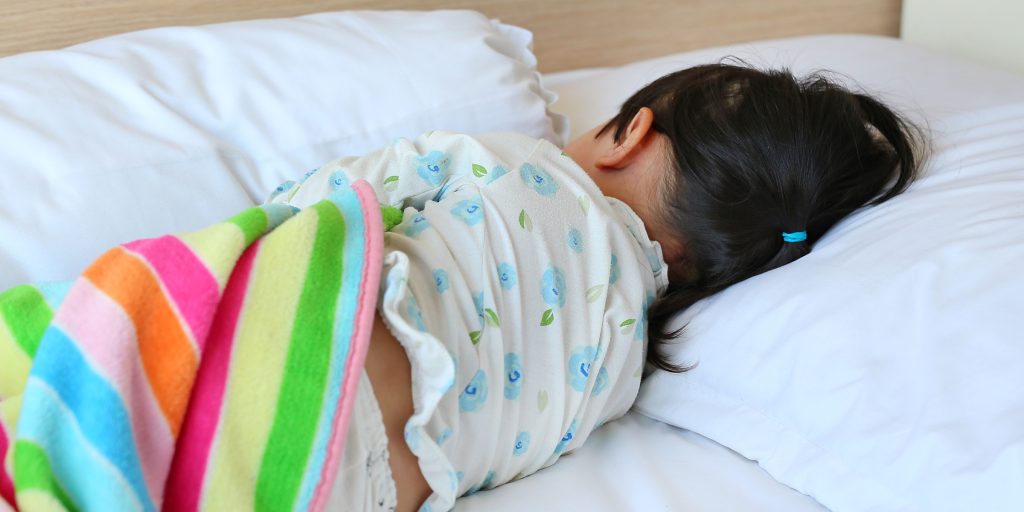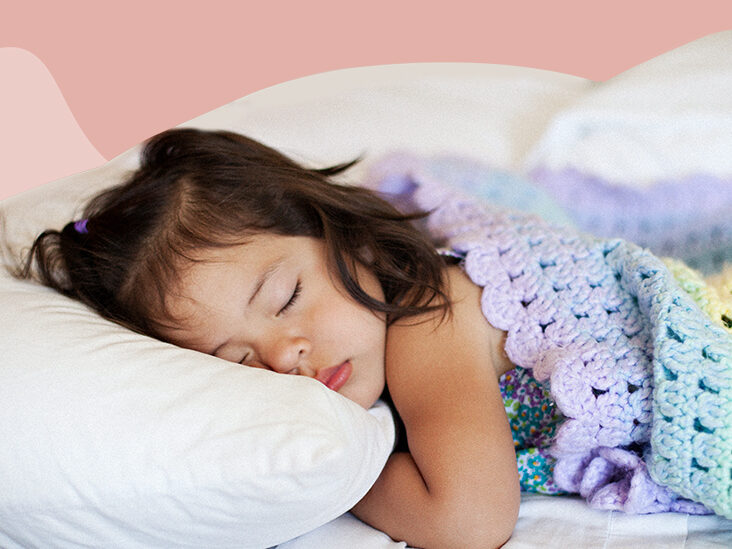About 15 to 25 percent of kids and teens have trouble getting to sleep or staying asleep. Lack of sleep is associated with a wide range of undesirable traits and health issues, including irritability, inability to concentrate, hypertension, obesity, migraines, and depression. It’s no surprise that lots of parents want to figure out why their kids can’t get to sleep, and some of them are looking into Melatonin for kids and other nutritional supplements as possible answers.
Table of Contents
Melatonin: what is it?
The melatonin offered over the counter at drug and health food stores is a synthetic variant of a hormone our brains naturally produce to help us fall asleep. Melatonin for kids aids in keeping time for our circadian clocks, which regulate not only our sleep/wake cycles but almost every function of our bodies. The onset of nighttime triggers the brain to secrete melatonin. During the day and early morning, it is mostly off.

The majority of melatonin sales are made because of its reputation as a sleep aid. As a dietary supplement, it is available without a doctor’s prescription at any drugstore or health food store. The pineal gland in the brain is responsible for producing melatonin, a hormone-like molecule. Naturally occurring melatonin signals sleepiness in the evenings.
Although Melatonin for kids has been linked to improved sleep, it is not a tranquilizer. Only after consulting with your pediatrician and establishing non-pharmaceutical good sleep practices should it be utilized.
A healthy sleep routine is the greatest treatment for the sleep problems of kids. Consistency is the name of the game when it comes to getting a good night’s rest. It may take some time to settle into a new sleep schedule. Time spent establishing routines is time well spent, as they have many benefits for children.
Does the blue light impairs your ability to sleep?
The blue light emitted by electronic devices (such as tablets, e-readers, and smartphones) has a shorter wavelength than other types of light and has the greatest impact on melatonin production. Since we are supposed to be asleep while lying in bed, the blue light tricks our brain into thinking it is sunlight, increasing our alertness. The body’s natural melatonin production is disrupted with time. Screen time should be limited to at least one hour before bedtime. Additionally, playing or watching violent video games or television shows after night might disrupt sleep.
If despite your best efforts, you are still having trouble getting your child to sleep at night, it’s important to consult with a pediatrician to rule out any underlying medical conditions.
Understanding melatonin: What parents need to know?
While you work on establishing regular bedtime rituals, Melatonin for kids may be an interim solution to help some children sleep. Similarly, it may aid certain preteens and teens in getting back on track with their sleep schedules after disruptions like summer or winter breaks. After all, most adolescents have increased sleep needs. Children with neurodevelopmental disorders may also benefit from melatonin. In these situations, it is important for a physician to closely monitor the child’s use of this medication.
It’s best to discuss the use of melatonin with your child’s pediatrician and make any final decisions with extreme caution. Liquids, gummies, capsules, and tablets are all available forms of melatonin, each with its own recommended dosage. Also, it’s difficult to know how much melatonin to give a youngster because there are no established guidelines.

Is melatonin safe for youngsters?
Studies have demonstrated that Melatonin for kids is safe for short-term usage, but more information is needed about its effects over the long term. Concerns have been raised, for instance, about the potential impact on a child’s physical and mental maturation, especially with the onset of puberty. Sleepiness, drowsiness, and may be increased urination during the night have all been identified as common side effects of melatonin use in clinical studies. Melatonin, moreover, may have negative interactions with the other medications a kid is taking.
Should I give my kid melatonin to help him or her sleep?
Scientific studies have shown that children with autism and other neurodevelopmental disorders who have trouble falling asleep can benefit from using melatonin to help them sleep faster. While melatonin may be helpful as a short-term fix for kids with neurodevelopmental difficulties, it may be best used on a more permanent basis for such kids.
Although there is some indication that extended-release melatonin may aid with night awakenings in children, there are significantly fewer studies supporting its use, and the extended-release formulations often require the capacity to swallow capsules.
Reports of melatonin toxicity
Since more households have started using Melatonin for kids as a sleep aid, there has been a dramatic rise in the number of complaints of poisonings involving children. Many cases of melatonin poisoning in kids were reported in the past. Most kids showed no signs of illness and made full recoveries. Yet, a few kids needed emergency care, and sadly, two of them didn’t make it.
Some melatonin supplements may contain serotonin or other forms of melatonin in variable concentrations because supplements are not regulated as drugs. Experts have issued warnings in the past noting the greatest variation in the amount of melatonin present in chewable tablet form, which is commonly used by children.

It is important to keep melatonin and all other medications, vitamins, and nutritional supplements out of the reach of children to prevent accidental poisoning.
Final Words
We have seen above the key aspects allied to the usage of Melatonin for kids. Anxiety, restless legs symptoms, circadian rhythm alterations, and a too-early bedtime are just a few of the issues that can prevent youngsters from sleeping well.
Even if a comprehensive evaluation indicates that using Melatonin for kids to treat sleeplessness is appropriate, this medication should never be used alone; rather, it should always be paired with behavioral therapy. It’s also important to pay attention to healthy sleep routines, such as sticking to the same bedtime and waking time seven days a week and developing a relaxing nighttime ritual.







